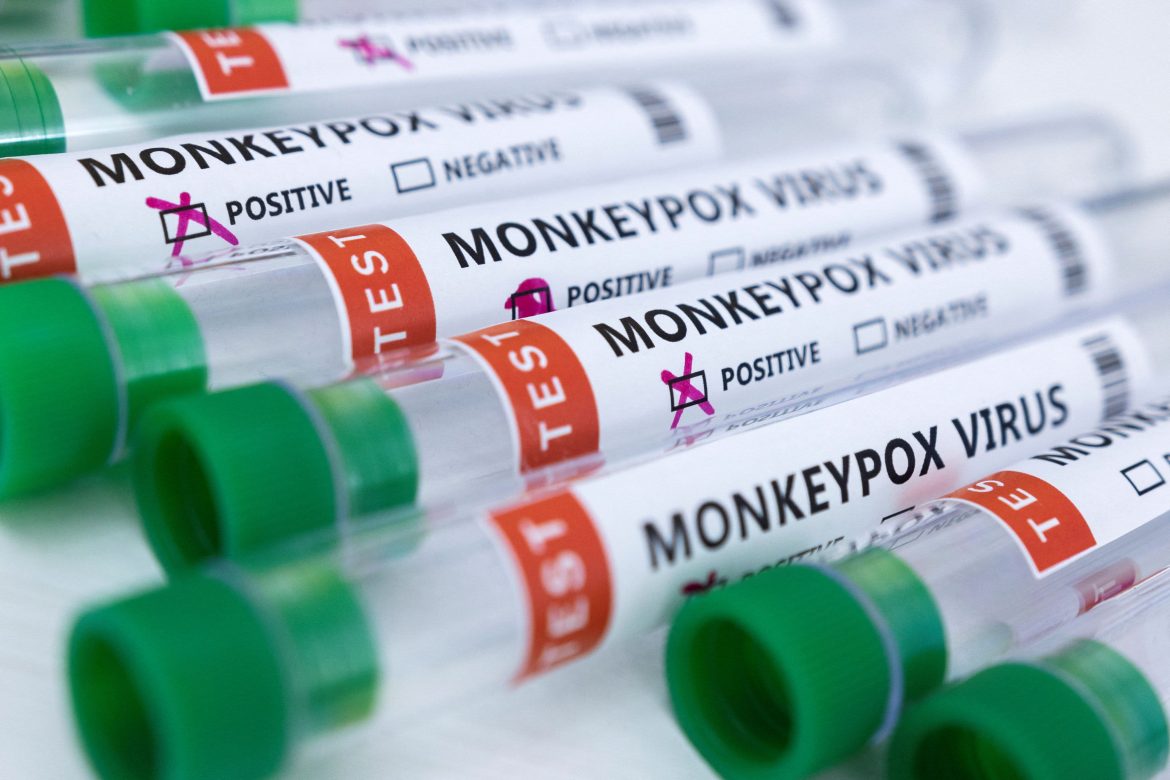According to a research, the OPS/NPS specimen, as well as possible urine specimens, should be considered crucial specimens for Monkeypox diagnosis in subjects with no active skin lesions. Based on laboratory studies of the Monkeypox fatality in Kerala, the ICMR – NIV pre-print report concluded the death was caused by Monkeypox.
The research also said that it was the first fatal case of Monkeypox recorded from India and that Oropharyngeal swabs (OPS) and Nasopharyngeal swabs (NPS) should be used in Monkeypox diagnosis.
“This case highlights the importance of maintaining a high index of suspicion to diagnose MPXV in those presenting with atypical manifestations, exanthematous fever with epidemiological linkage from MPXV endemic or outbreak countries. In conclusion, the overall findings of the case and the history confirm that the case to be infected with MPXV,” read the findings of the study.
The study has also mentioned that other samples like Oropharyngeal swabs (OPS) and Nasopharyngeal swabs (NPS) should also be considered in diagnoses of Monkeypox when there are no active skin lesions, “The OPS/NPS specimen as well as possibly urine specimens should be considered as the critical specimens for MPXV diagnosis in cases with no active skin lesions.”
The project ‘Providing diagnostic help for referred samples of viral haemorrhagic fever and other uncertain aetiology and epidemic investigation’ was authorised by the Institutional Human Ethics Committee of ICMR-NIV, Pune, India.
During the period July-September 2022, India has recorded eleven confirmed cases of monkeypox from Kerala and New Delhi. Nine instances have exhibited total recovery with no sequelae, one patient is still isolated, and another case has died from the condition. All five confirmed cases in Kerala involved visitors from the United Arab Emirates (UAE).

